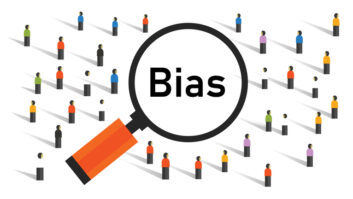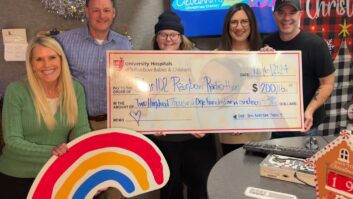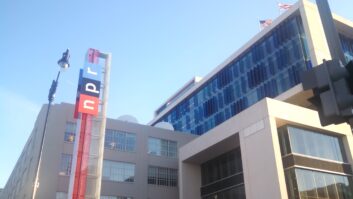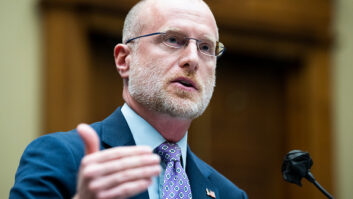
Pete Loewenstein, one of NPR’s original employees, is retiring from the network. He’s vice president for Distribution, which oversees the Public Radio Satellite System.
The PRSS’ Network Operations Center operates an IP-over-satellite system that enables transmission of programming and other digitized content.
Loewenstein was there for the first broadcast of “All things Considered” 42 years ago; he was in the studio control room as a technician. Loewenstein joined NPR in 1971, the year the broadcaster went on the air.
He’s looking forward to having quality time to actually listen to more of the programming he’s helped support over the years, and says he’s facing a long list of items to fix around the house that have long been put-off.
But Loewenstein will have fun too; he’ll have more time for sailing, listening to and playing music along with operating his ham radio gear.
He characterizes his NPR career as “phenomenal” and says he’s been able to travel and meet people at stations all over the U.S. NPR is also where he met his wife, Margaret.
In the late 1980’s Loewenstein led public radio’s interconnection system through a complete reorganization of its governance structure and completion of a business plan that yielded long-term financial security for the system, according to NPR. In 2004, he and his team began a major redesign of public radio’s program distribution system with the development of the PRSS ContentDepot. Taking advantage of innovations in digital technology, the PRSS ContentDepot streamlines how public radio stations and producers select, send, acquire and automate programming. The new system launched in 2006.
The PRSS’ ContentDepot service is public radio’s national program distribution system uses a combination of Internet and satellite technologies to offer automated content delivery services to stations.
More recently, Loewenstein helped oversee the PRSS move from NPR’s former headquarters in Washington on Massachusetts Ave. NW to its new location on North Capitol Street.
He says it’s a good time to leave as the network begins a new planning cycle for infrastructure upgrades.
Loewenstein was awarded the Edward E. Elson Award in 1991. In 2002, CPB awarded him the Edward R. Murrow Award recognizing an “individual whose work has fostered the growth, quality and image of public radio.”
He’s one of several NPR employees taking a buyout as the network seeks to balance its budget. We recently reported on the departure of Mike Starling, who had been executive director of NPR Labs, from the network.
Loewenstein’s last day is Dec. 27. He can be reached at [email protected].







